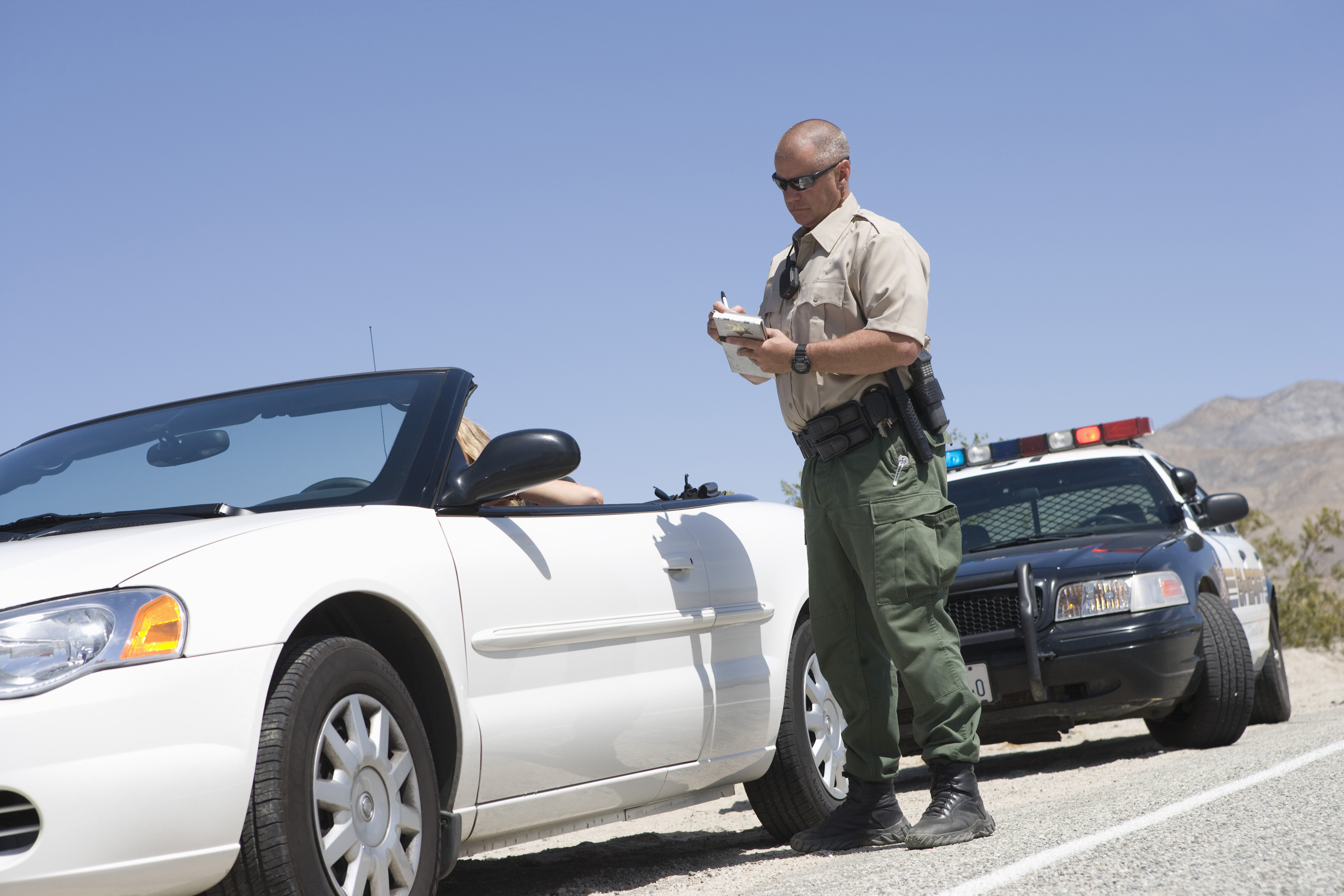The Fourth Amendment to the U.S. Constitution protects citizens from unreasonable searches and seizures. This means that police cannot search you or your property without a warrant or probable cause.
So what happens if law enforcement officers violate this protection? Is there anything you can do if police illegally searched you and you were convicted of a crime based on the evidence they found? A recent California Supreme Court decision proves that you should never give up on your case if your rights were violated.
Can Police Search You During a Traffic Stop?
The case (People v. Macabeo, 2016 DJDAR 11973) involved a man who was riding his bike in Torrance. Under Vehicle Code Section 21200, bicyclists in California must follow the same rules of the road as drivers. So when the man rode past a stop sign without stopping, he was stopped by police officers.
This traffic violation is a minor infraction, but the officers treated it like a serious crime. They patted down the man and found his cellphone. Without his consent, the officers went through the man’s phone and discovered images of child pornography.
The man was arrested and charged with child pornography possession. However, the defendant felt that his Fourth Amendment rights were violated when police searched him during a routine traffic stop. Did police have a reason to search him without first obtaining a warrant?
Police Can’t Search Your Cellphone without a Warrant
Based on the belief that the search he was subjected to was illegal, the man appealed the denial of a motion his lawyer had brought to suppress the evidence in trial court. However, the Second District Court of Appeal upheld the lower court’s decision. Many people would give up after this, but the defendant and his appellate lawyer took the case all the way to the California Supreme Court.
The Supreme Court was asked to determine if the warrantless search of the defendant’s cellphone violated his Fourth Amendment protection against unreasonable searches and seizures. In making their arguments, the government cited a 2011 state Supreme Court decision (People v. Diaz, 51 Cal.4th 84) which allowed police to search cellphones of people who were placed under arrest without a warrant under certain circumstances. Police acted with a good faith belief that they were allowed to conduct the search, according to the government.
The Supreme Court disagreed, ruling that the defendant’s traffic infraction did not justify a warrantless search of his cellphone and the officers in this case deliberately conducted an illegal search. The circumstances of this case differed from the 2011 case because that case involved a person who was already under arrest rather than someone who was stopped by law enforcement, the court reasoned.
What this ruling means is that warrantless searches can only occur if one of these “limited justifications” exists:
- Police need to secure weapons from you,
- Law enforcement is preventing your escape, or
- It is the only way to preserve evidence
If none of these circumstances exist, police are not legally allowed to search your property unless they have a warrant or you have been placed under arrest.
It May Not Be Too Late to Appeal Your Conviction
If you believe evidence against you or someone you love was obtained illegally, you should speak to an experienced appellate attorney about appealing your conviction. A skilled appeals attorney could review your case to find out if your rights were violated during the criminal process. At Wallin & Klarich, our knowledgeable attorneys have been successfully helping clients file appeals for over 35 years. Let us help you now.
With offices in Orange County, Riverside, San Bernardino, Los Angeles, West Covina, Torrance, San Diego and Victorville, there is an experienced Wallin & Klarich appeals lawyer available near you. Wallin & Klarich has handled appeals successfully throughout all of the courts in California, and we can help you now no matter where your conviction took place.
Call our law firm at (888) 280-6839 for a free phone consultation. We will be there when you call.


